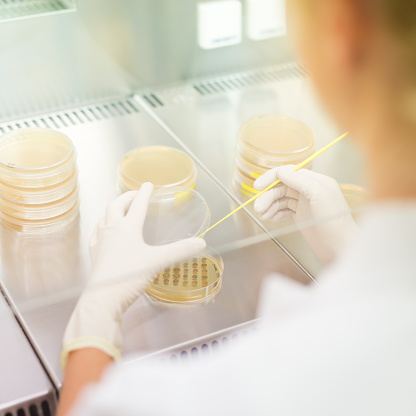 In a new study published in the journal Cell Systems, researchers explain how they have engineered a common gut bacterium to produce new functions, such as facilitating control of gene expression in the intestinal tracts of mice.
In a new study published in the journal Cell Systems, researchers explain how they have engineered a common gut bacterium to produce new functions, such as facilitating control of gene expression in the intestinal tracts of mice.
Researchers hope study findings will pave the way for the development of microbes that can detect illness in the gut—this can essentially offer fresh treatment approaches for a variety of health conditions.
For the study, researchers at the Massachusetts Institute of Technology (MIT), focused on Bacteroides thetaiotaomicron—the most common bacteria found in humans.
Researchers believe that this bacteria can engage in long-term interactions with human cells as well as additional gut bacteria; meaning, this form of bacteria can be generated to transport drugs and its genes can remain in the gut for a longer period of time.
To properly engineer Bacteroides thetaiotaomicron, the team introduced ribosome-binding sequences, memory switches, and CRISPR interference to the bacterium. This showed researchers that genetic devices could not only be implemented to the bacteria, but function in the mouse’s microbiome.
Researchers suggest that the engineered bacterium populating in the mouse gut is able to “switch on” which genes in the bacterium are active, depending on what the mouse is fed.
The team hopes to use intestinal signaling to adjust gene expression through the engineered bacteria to treat health-related issues.
Source for Today’s Article:
Whiteman, H., “Scientists hack common gut bacterium,” Medical News Today web site, July 10, 2015; http://www.medicalnewstoday.com/articles/296458.php.
